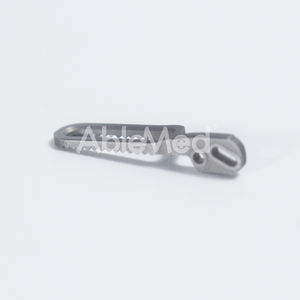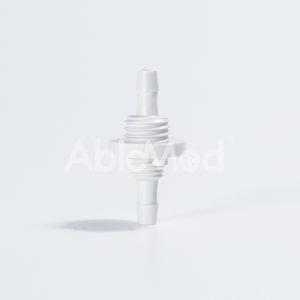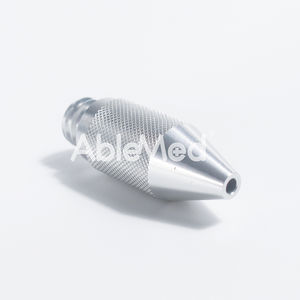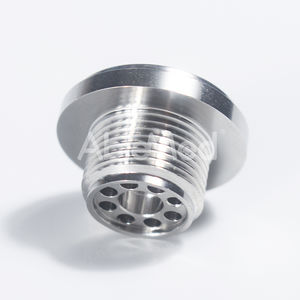
Medical machining 11062904PVCpolycarbonatePTFE
Add to favorites
Compare this product
Characteristics
- Treated material
- PVC, polycarbonate, PTFE, polyethylene, polystyrene, polypropylene, polyamide, PA66, PEEK
- Applications
- medical
Description
Medical plastics have a wide range of excellent properties to meet the diverse needs of the
medical industry. The basic requirements for medical plastics are chemical stability and biological safety, as they come into contact with pharmaceutical solutions or with the human body. Simply put, the components of the plastic material cannot precipitate out into the medicine or the human body and will not cause toxicity or damage to tissues or organs, and are non-toxic and harmless to the human body.
Commonly used medical plastic materials are PE, PP, PVC, PA, PTFE, PC, PS, PEEK, etc. PVC and PE use the largest amount, each accounting for 28% and 24%; PS accounts for 18%; PP accounts for 16%; engineering plastics account for 14%.
Related Searches
- Machining service
- Milling machining
- Metal milling machining
- CNC milling machining
- Precision milling machining
- Turning machining
- Metal turning machining
- Precision turning machining
- Medical milling machining
- Stainless steel milling machining
- Plastic milling machining
- Aluminum milling machining
- Auger milling machining
- Medical turning machining
- Housing milling machining
- Stainless steel turning machining
- Fitting milling machining
- Threading machining
- PEEK machining
- Fastener machining
*Prices are pre-tax. They exclude delivery charges and customs duties and do not include additional charges for installation or activation options. Prices are indicative only and may vary by country, with changes to the cost of raw materials and exchange rates.



























